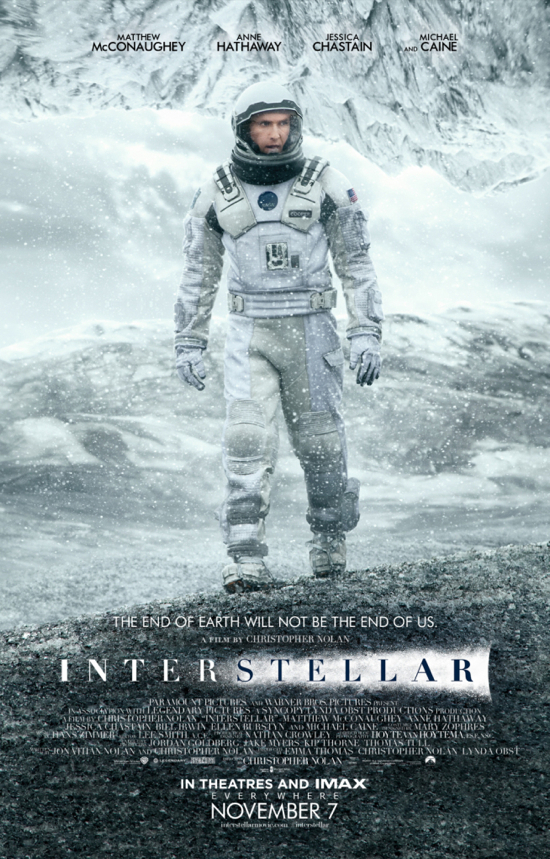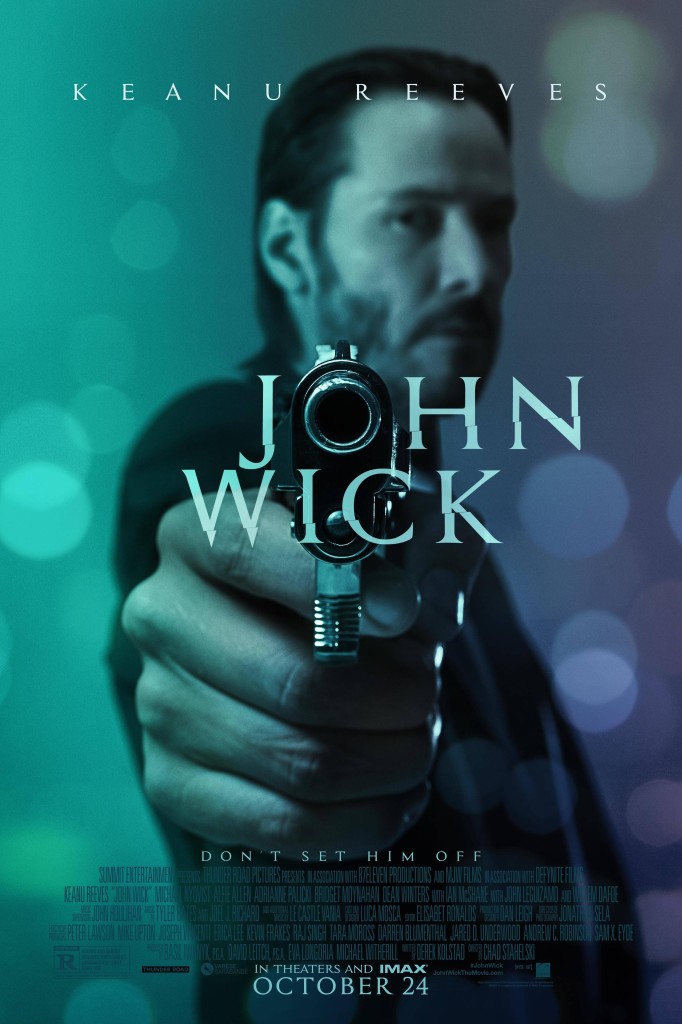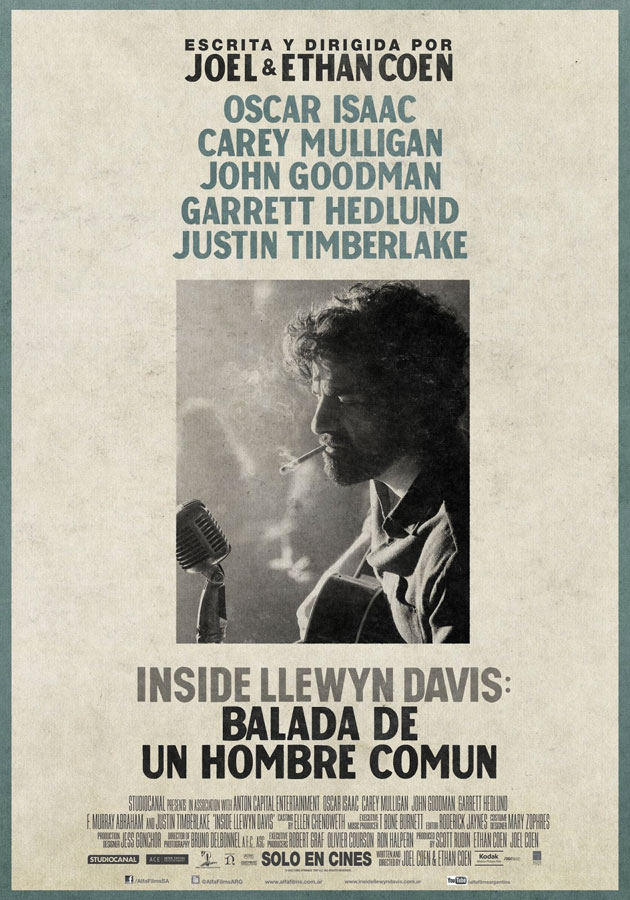The value of screenwriting contests has been debated for years. I’ve gone on record as saying they’re an important tool in helping gauge where you are in your journey. If you’re not at least making the Quarterfinals (top 50 to top 100) of a screenplay contest, you might want to think about getting some personal feedback on your script to find out what you need to work on.
But don’t feel too bad if you’re not lighting up the contest circuit. Believe it or not, there are huge movies out there, movies that have made millions of dollars at the box office, that wouldn’t have even made it out of the FIRST ROUND of a screenwriting contest. Which just so happens to be the subject of today’s post.
That’s right, we’re going to look at ten movies, each of which were either critical or box office successes, that would’ve been laughed out of the big screenwriting contests. Some of these are obvious while others might surprise you. Commenting on these movies will be our hypothetical contest script reader, whose duty it is to explain why the script didn’t make the next round.
Now remember, you have to see these scripts as they’d be seen by the reader. These are naked scripts that have not become successful movies. They don’t have hot directors or actors attached to them. They’re scripts just like you would submit to a contest. With that in mind, let’s check out the list.
Transformers: Dark of The Moon – “Way too long with a story that’s painfully unfocused. Not a single character feels authentic or multi-dimensional. An over-reliance on crass humor, which becomes tired quickly. Way too much emphasis is placed on set-pieces, which would be okay if we understood why they were happening, but often we don’t. Pass.”
Annabelle – “Any horror script that contains a scene where a record player starts playing old timey music on its own is a surefire bet that there will be little if any originality on display. You may as well have a cat jump out of a cabinet while your character’s gone upstairs to ‘check out a noise.’ Horror’s number one enemy is cliché and when a writer shows not even a casual interest in avoiding the C-word, you know you’re in for a long predictable ride. Also, there isn’t a single memorable scare in the script. Death for a horror screenplay. Pass.”
The Monuments Men – “A strange unfocused tale that doesn’t always seem to know what it wants to be. Is it a drama? Is it a comedy? The idea is an interesting one, a story we’ve never heard before about World War 2. But the execution is all over the place. Why, for instance, did the writer choose to split our group of men up for the majority of the story? The group dynamic was the strongest part of the screenplay. To not recognize and take advantage of that shows a writer still learning the craft. It’s too bad. This could’ve been good. Pass.”
Interstellar – “Has the reckless feel of a first or second draft that the writer decided never to perfect. The dialogue is way too expository and on-the-nose, two signs of a beginning screenwriter. For example, lines like, ‘The MRI machines we no longer have could’ve spotted my wife’s cancer before she died.’ Yikes. While there are some interesting ideas about space exploration and time tacked into this overlong second act, everything comes crumbling down in the finale, when the writer tries to wrap up several corners he wrote himself into with trippy pseudo-science explanations. Time-travel is one of the hardest plots to get right, and this writer shows no dedication to figuring it out. Could show some promise with work. As it stands, pass.”
John Wick – “This is one of the most laughable set-ups for an action film I’ve ever come across. The main character, a retired hit man, goes after the Russian mafia because they killed his dog. Outside of a few fresh ideas in the second act, which include a hotel that deals exclusively with hit men, John Wick is bogged down in cliché after cliché. For example, must every action script end in an industrial location? Pass.”
Elysium – “Yet another sci-fi screenplay where the writer fails to explore his world on anything other than a cursory level. There’s no sense of scope at all. People are broken down into over-simplified “haves” and “have-nots.” An orbiting city has a half-ass plan in place for renegade ships breaking through, despite it being a common occurrence. Our main villain, a sword-wielding futuristic samurai type seems to have been ripped from another more fantasy-driven film, exemplifying the lack of foresight put into the script. He’s also bad for the sake of being bad, one of the easiest ways to spot a rushed draft. Feels like we’re five or six drafts away from this achieving its mark. Pass.”
The Counselor – “Script seems to put no value on clarity or narrative focus, often leaving the reader wondering where they are in the story, why things are happening, and what the characters plan to do next. I can’t tell if this was a deliberate choice, with the writer aiming for a high-brow audience who can read minds, or a first-time screenwriter who doesn’t yet understand how to make his plot points clear. Either way, the script completely falls apart when it reaches its apparent goal, the Counselor’s deal going bad, only to make us stick around for another 40 pages, where we’re forced to watch the main character wallow in pity. Writer must learn, amongst other things, that when you’ve reached your destination, the journey is over. Pass.”
Godzilla – “Who is the main character in this script? We’re led to believe it’s army man Ford Brody. But Brody doesn’t make a single decision throughout the entire screenplay. He instead follows a number of other people around and does whatever they tell him to do. Passive characters are the worst characters to lead a story, and Godzilla shows us why. Without a dominant character pushing us forward, we have no one to latch onto, and therefore no one to care about. Script also has a clunky opening, where we watch one parent’s death, only to go through twenty more pages of the other parent before their death. All of this before Brody is formally introduced. One wonders why not just start with Brody and look for ways to imply the backstory instead of show it. The script also spends so much time explaining where Godzilla is, what he’s doing, where he’s probably going next, and how to stop him, that there isn’t any time left for an actual story to develop. You’d think all the explaining would at least go towards setting up big memorable Godzilla set-pieces, but Godzilla only has a couple of featured scenes. A bizarre script that seems intent on avoiding everything that makes a story good. I can’t in good conscience send this one to the next round. Pass.”
Inside Llewyn Davis – “One of the stranger scripts I’ve ever read. The dialogue appears confident, even strong in places, yet there’s no story here to speak of, unless you count a man stumbling through the deliriously morbid world of folk music a story. The main character is such an asshole without a single redeeming quality, that watching him interact with others is akin to listening to metal scrape against concrete on concert-sized speakers. I’ve never read a script where the writer tried so adamently to make us hate their hero and I’m struggling to figure out what the point of that would be. Because we hate him so much, we don’t want him to succeed. Since succeeding is his goal, that leaves the audience with no choice but to root against his success. Can an entire movie hinge on this conceit? I’d say no way, Jose. Pass.”
The Master – “There’s a movie somewhere in this script, but the writer seems unwilling to find it. One of the script’s biggest problems is in its scene writing, as very few scenes have focus or structure. In fact, we’re often unsure where the scenes are headed or when they’re going to end. There’s a scene where the main character, Freddie, for example, gets fired from a department store, that could’ve ended on four different occasions. I like when writers give me something unexpected, but these scenes feel more like the writer himself didn’t know where he was going. The script picks up when religious leader Lancaster Dodd begins to mentor Freddie, only to delve back into an unfocused story that seems uninterested in having a point. Writer needs to get to the religious cult sooner, and focus more on the growth of the cult under the Lancaster and Freddie dynamic, as that’s when the script shines brightest. However, I have a hard time believing this writer is capable of writing a focused story. Pass.”
And there we have it! So what does this MEAN exactly? Does it mean screenplay contests are flawed? I don’t think so. I think it means Hollywood has a huge weakness in two areas. – the big budget flick and the writer-director vanity project. Both can end up bad for, ironically, completely opposing reasons.
The big-budget tentpole/franchise films have too many cooks in the kitchen. This results in either a highly compromised uber-safe film (Olympus Has Fallen) or the overly bloated film where every single idea gets added (The Amazing Spider Man 2).
The writer-director projects, when they go bad, go bad for the opposite reason. There’s only one cook in the kitchen. They don’t have to win over anybody with their script, so if the script is bad, there’s no checks and balances system to prevent them from making it.
If you’re a writer who wants to win a contest, you should be doing generally the same thing as a writer who’s trying to sell a script. Write something with some marketable element and then write the tightest and most entertaining story you can. If you do a good job at that, you’ll find yourself making it past the first round of contests easily, and possibly getting much further.




